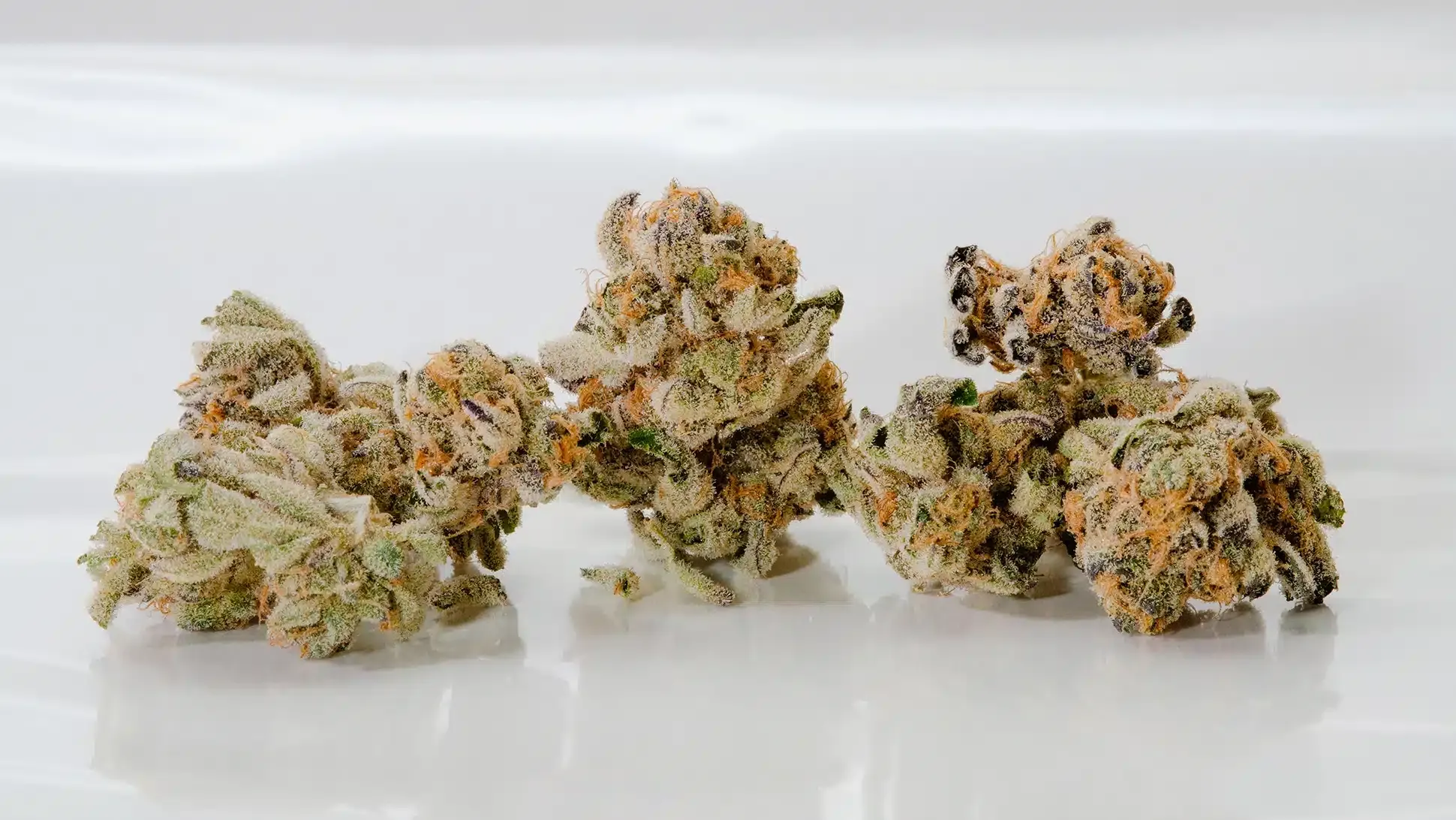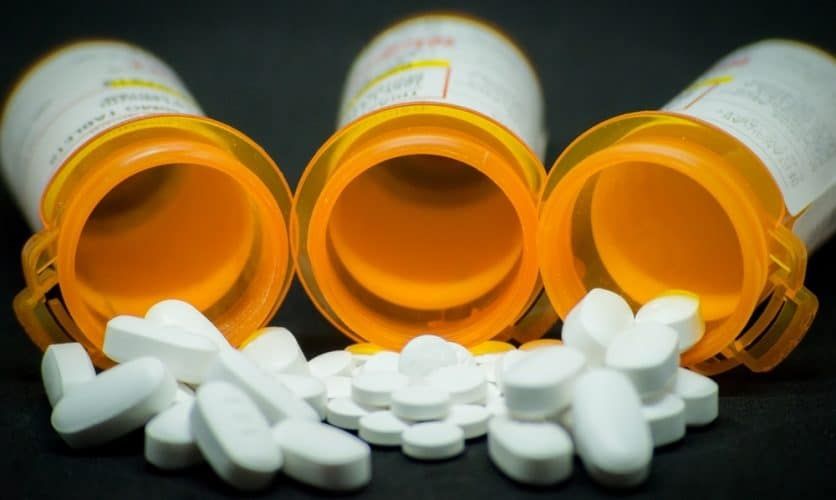How to Recognize the Signs of Methamphetamine Abuse
Watching someone you love battle addiction can be heartbreaking and terrifying. While no one wants to be the person to make assumptions about another person without proper knowledge, the unsureness would make anyone anxious. It is essential to know the signs that a friend or family member has developed an unhealthy relationship with a substance. Methamphetamine is a substance that is abused very easily and can quickly become an addiction.
Here are some signs of methamphetamine abuse.
Drastic Changes in Behavior
A common sign of methamphetamine abuse is behavioral changes. Frequent meth usage can cause a person’s behaviors to change drastically. They may begin to pull away from family and friends or lose interest in activities that they once enjoyed. Meth use can cause an individual to neglect the things and people in their lives. They might begin to engage in risky behaviors that put themselves and others at risk.
Methamphetamine abuse is powerful. For many, the drug can quickly consume their life and lead them on a downward spiral. Meth abuse can cause people to give up on their responsibilities and prioritize their drug use above all else. They may begin to cut classes, stop going to work, and even push away their loved ones.
Even though some users of the drug have jobs, it is not uncommon that they begin to spend a hefty sum of their paycheck on the substance. They may also constantly ask to borrow money from the people they know if they are struggling financially. While these changes in behavior are not strictly reserved for methamphetamine abuse, it may be the first sign a loved one notices from this list of signs.
Extreme Weight Loss
Methamphetamines are appetite suppressants. This means that when a person is under the influence, they might have little to no appetite. This can cause rapid weight loss. Extreme weight loss might be a difficult sign to see as an outsider. This is because people often believe that all weight loss is positive. Friends and family may not notice this unhealthy weight loss until their loved one begins to look sickly.
Changes in Physical Appearance
In addition to weight loss, there may also be more changes to a person’s physical appearance when they are struggling with a methamphetamine addiction. For some, weight gain might be a sign of meth abuse. Although the substance is an appetite suppressant, when a person addicted to the drug gets a chance to eat, it is not likely that they are choosing healthy and nutritious meals.
Another change in physical appearance that someone close to the person might notice is changes in their skin. One of the most apparent signs of meth abuse is sores on the face and arms. Substance use can cause people to develop sores all over their bodies. These appear because the person using the drug can develop a habit of picking their skin.
Insomnia
A person who is under the influence of meth can experience insomnia for as long as 15 days. This is otherwise known as “tweaking.” This inability to sleep can happen when a person continues using meth in order to chase the original high. Signs of insomnia include the following.
- Rapid eye movement
- Sagging or aged skin
- Difficulty focusing and paying attention
- Irritability
Methamphetamines are potent stimulants that can keep users awake for long periods of time. However, when the effects of the drug begin to wear off, they will experience what is called “crashing.” This is when the drugs wear off, and the lack of sleep catches up. Users of the substance will sleep for days at a time, sometimes up to 3 days.
Finding Drug Paraphernalia
There are a number of ways in which meth can be consumed. It can be snorted, injected, or smoked. All of these methods require some type of paraphernalia or equipment. People close to the person with addiction should keep an eye out for these common types of drug paraphernalia:
- Needles
- Syringes
- Spoons with burn marks on the bottom
- Small plastic baggies
- Straws
- Glass or metal pipes
While some of these things can be easily overlooked, concerned friends and family members should be aware of these signs.
Mood Swings
As with any drug, methamphetamine can cause quick mood changes. As addiction worsens, it becomes more challenging for a person to control their emotions. They may be inexplicably anxious and fearful. They may also be hyperactive or irritable.
Users of methamphetamine may become more obsessed with their thoughts and surroundings, which can lead to intense paranoia and hallucinations. They may believe that they are being watched or that someone wants to hurt them. They may even see or hear things that are not real.
Another sign of methamphetamine abuse is ongoing irrational behaviors. While some of these behaviors may be typical for that person, their substance use can cause them to become amplified. Some of these behaviors include the following:
- Excessive talkative behavior
- Aggression and violence
- Manic behavior
- Repetitive or obsessive actions
All of these signs are indicative of meth abuse. Meth is a powerful substance that can quickly take over the life of anyone who uses it. If you or someone you know has been affected by methamphetamine abuse, do not hesitate to call Inner Voyage Recovery Center for help. Do not wait until it is too late. Addressing these signs when they appear can be incredibly valuable to your loved one’s health and wellness.
Get Addiction Treatment for Methamphetamine at Inner Voyage Recovery Center
If you or someone you know is struggling with a methamphetamine addiction, contact the Inner Voyage Recovery Center. Our knowledgeable and compassionate team can help overcome this addiction. We are well-versed in addiction and mental health treatment.
If you are looking for help with addiction in Atlanta, GA, look no further than Inner Voyage Recovery Center. We are eager to help you or your loved one address and overcome their battle with addiction. Contact us today to learn more about what we can do for you or to take a tour of our facility.
 Mon - Fri 8:00 AM to 6:30 PM
Mon - Fri 8:00 AM to 6:30 PM









